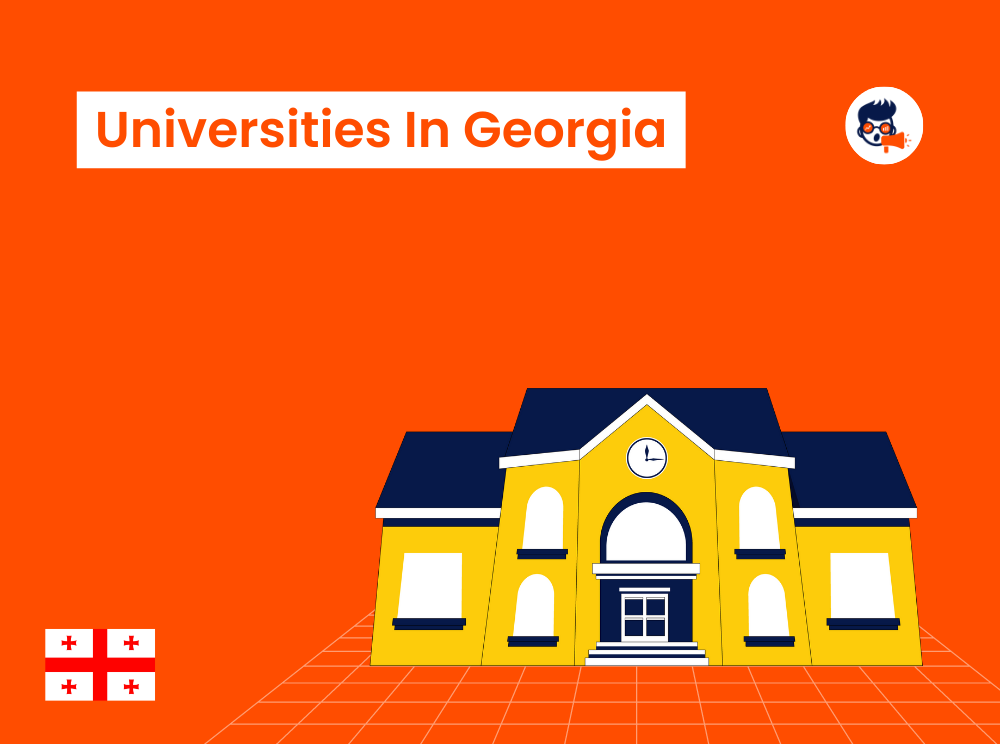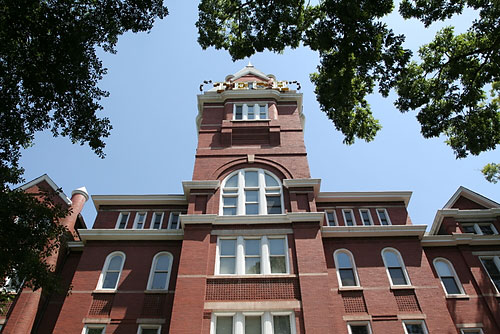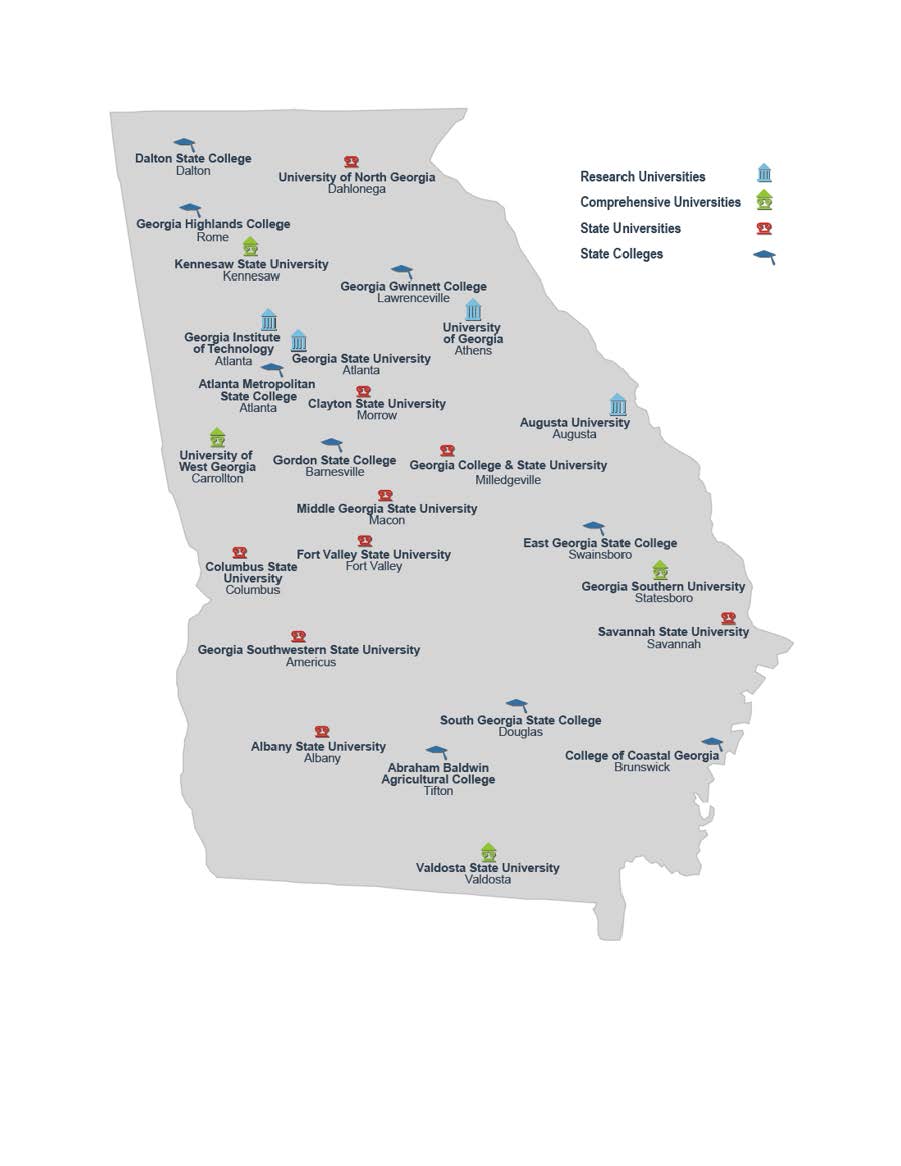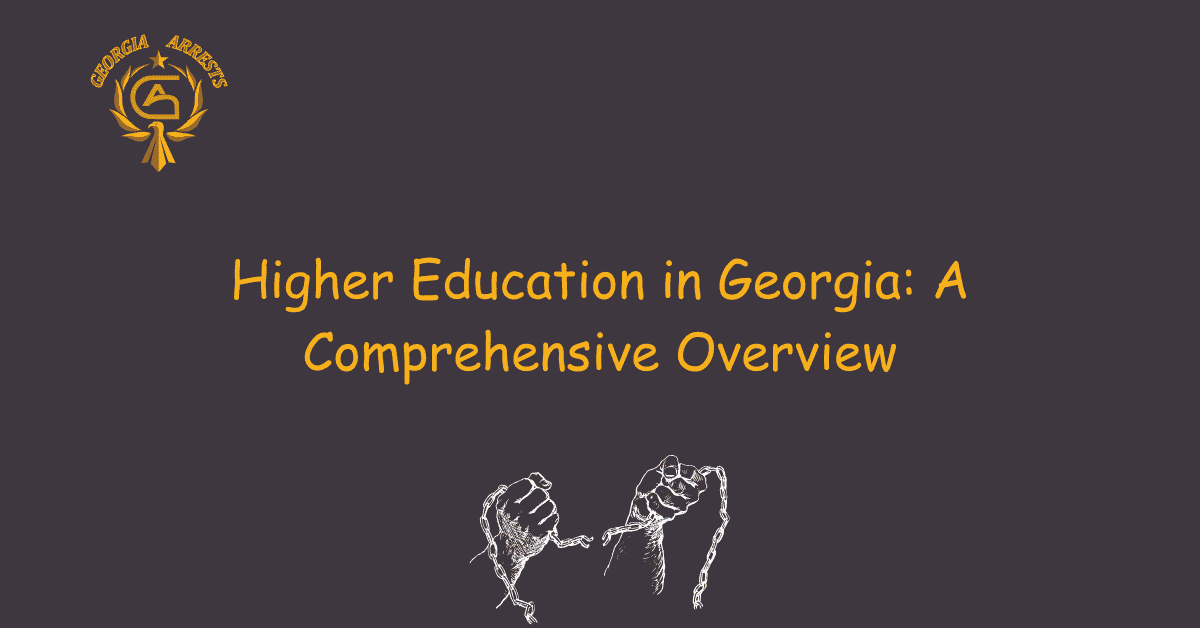Navigating Higher Education in Georgia: A Comprehensive Guide to Colleges and Universities
Related Articles: Navigating Higher Education in Georgia: A Comprehensive Guide to Colleges and Universities
Introduction
In this auspicious occasion, we are delighted to delve into the intriguing topic related to Navigating Higher Education in Georgia: A Comprehensive Guide to Colleges and Universities. Let’s weave interesting information and offer fresh perspectives to the readers.
Table of Content
Navigating Higher Education in Georgia: A Comprehensive Guide to Colleges and Universities

Georgia, a state rich in history, culture, and natural beauty, is also home to a diverse and thriving higher education landscape. From renowned research universities to specialized technical colleges, Georgia offers a wealth of opportunities for students seeking to pursue their academic and professional goals. Understanding the vast array of institutions can be daunting, but a comprehensive map of Georgia’s colleges and universities provides invaluable insight for prospective students, their families, and educators alike.
A Geographical Overview
The map of Georgia’s colleges and universities reveals a distinct pattern of distribution. While the largest metropolitan areas, Atlanta and Savannah, boast a significant concentration of institutions, smaller cities and rural communities also offer diverse educational options.
Atlanta, as the state’s capital and largest city, serves as a hub for higher education. The city is home to prestigious public and private universities, including:
- Georgia State University: A large, urban university known for its diverse student body and commitment to accessibility.
- Georgia Institute of Technology (Georgia Tech): A leading research university specializing in science, technology, engineering, and mathematics.
- Emory University: A prestigious private university renowned for its medical school and liberal arts programs.
- Clark Atlanta University: A historically black university with a strong emphasis on liberal arts and professional development.
Savannah, Georgia’s oldest city, offers a unique blend of historic charm and modern educational opportunities.
- Savannah State University: A historically black university with a strong focus on STEM fields and environmental studies.
- Armstrong State University: A public university known for its business programs and commitment to community engagement.
Beyond the Major Cities
Beyond Atlanta and Savannah, other cities and regions offer a range of educational options, catering to diverse academic interests and career aspirations.
- Athens: Home to the University of Georgia, the state’s flagship public university, renowned for its academic excellence and strong alumni network.
- Valdosta: Valdosta State University provides a comprehensive range of undergraduate and graduate programs, with a particular emphasis on education and business.
- Columbus: Columbus State University offers a variety of programs, including nursing, engineering, and business, with a strong focus on practical application and career readiness.
- Dalton: Dalton State College, a public institution, provides affordable access to higher education in the region, with a focus on practical skills and workforce development.
Types of Institutions
Georgia’s colleges and universities are diverse in their structure and mission, offering a wide range of educational experiences:
- Public Universities: Funded by the state, these institutions offer accessible and affordable education for residents of Georgia. They often prioritize research and community engagement.
- Private Universities: Funded by private sources, these institutions offer a more personalized learning environment and often focus on specific academic disciplines or religious affiliations.
- Technical Colleges: Focused on providing practical skills and workforce training, technical colleges prepare students for specific careers in fields like healthcare, technology, and manufacturing.
Choosing the Right Institution
The map of Georgia’s colleges and universities serves as a valuable tool for navigating the complex landscape of higher education. Prospective students should consider the following factors when choosing an institution:
- Academic Programs: Ensure the institution offers programs aligned with the student’s academic interests and career goals.
- Location: Consider the proximity of the institution to home, desired employment opportunities, and personal preferences.
- Cost: Assess the tuition and fees, financial aid options, and overall cost of attendance.
- Campus Culture: Explore the campus environment, student life, and extracurricular activities to find a place that aligns with personal values and aspirations.
Frequently Asked Questions
Q: What are the best colleges in Georgia?
A: "Best" is subjective and depends on individual needs and preferences. Ranking systems like US News & World Report can provide insights, but it’s crucial to research institutions that align with specific academic goals and career aspirations.
Q: Are there any colleges in Georgia that offer online programs?
A: Many Georgia colleges and universities offer online programs, allowing students to pursue degrees and certifications remotely. Explore individual institution websites for specific offerings.
Q: What are the admission requirements for colleges in Georgia?
A: Admission requirements vary depending on the institution and program. Generally, students need a high school diploma or equivalent, standardized test scores (SAT/ACT), and a GPA that meets the institution’s minimum standards.
Q: What financial aid options are available for Georgia students?
A: Georgia offers various financial aid options, including scholarships, grants, loans, and work-study programs. Explore the specific aid programs offered by individual institutions and the Georgia Student Finance Commission.
Tips for Success
- Start Early: Begin researching colleges and universities early in high school to ensure ample time for application processes and financial planning.
- Visit Campuses: Attend college fairs, schedule campus tours, and engage with current students to gain a firsthand understanding of the institution’s culture and environment.
- Seek Guidance: Consult with counselors, teachers, and family members for advice on choosing the right institution and navigating the application process.
- Stay Organized: Maintain a well-organized portfolio of academic records, standardized test scores, and other relevant documents to facilitate the application process.
Conclusion
The map of Georgia’s colleges and universities serves as a powerful tool for understanding the diverse opportunities available to students pursuing higher education. By carefully considering academic interests, career aspirations, and individual preferences, students can find the institution that best aligns with their unique journey toward personal and professional growth. Whether pursuing a traditional four-year degree, vocational training, or online learning, the map provides a roadmap for navigating the exciting landscape of higher education in Georgia.








Closure
Thus, we hope this article has provided valuable insights into Navigating Higher Education in Georgia: A Comprehensive Guide to Colleges and Universities. We appreciate your attention to our article. See you in our next article!